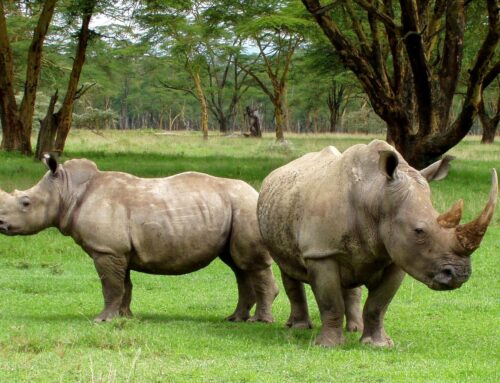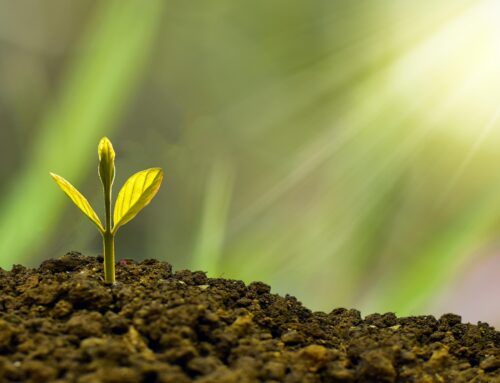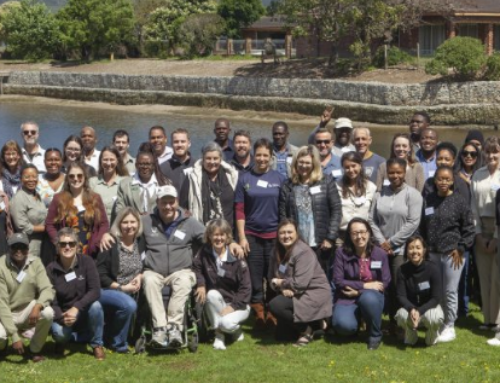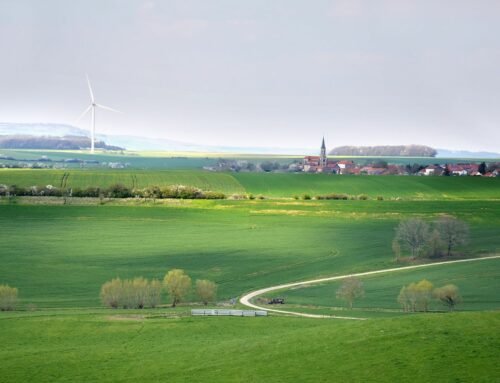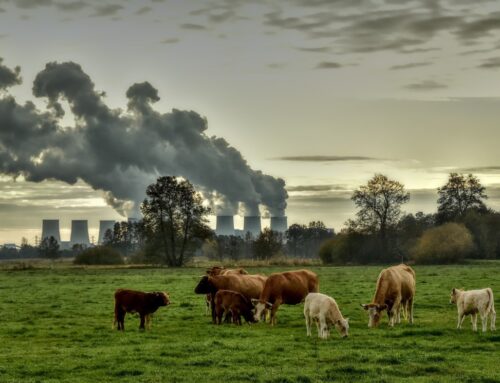Prof Reinette (Oonsie) Biggs, the incumbent of the DST/NRF Research Chair in Social-ecological Systems and Resilience, recently received an A-rating from the National Research Foundation (NRF), a first for the Faculty of Economic and Management Sciences.
An A-rating is awarded to researchers who are unequivocally recognised by their peers as leading international scholars in their field for the high quality and impact of their recent research outputs.
The rating is primarily based on Biggs’ research outputs over the past eight years and took into consideration the evaluation made by local and international peers.
Biggs previously also received a P-rating from the NRF for her outstanding research on the interactions between social and ecological systems, and the implications for building resilience and achieving sustainability.
“It feels a bit intimidating, but it is also a wonderful endorsement of the work we are doing to support transitions to sustainability, and an opportunity to think even bigger and more ambitiously in the future.
“As a relatively young woman in a male-dominated senior leadership environment, it can sometimes feel difficult to be taken seriously and, consequently, to believe in oneself. So this is a big confidence booster in my intellectual leadership and a green light to venture out and continue forging new pathways,” said Biggs.
However, she said this achievement would not have been possible without the fantastic collaborative team at the Centre for Complex Systems in Transition (CST), both at Stellenbosch University and internationally.
“There should be more recognition of the importance of coherent teams and the creation of supportive research environments in generating cutting-edge and impactful research. This recognition will raise the profile of the work we are doing and, I hope, help open doors for engaging with more societal actors to support sustainability-related change in the region. I also hope that it will help open up new funding opportunities to support our work.”
But she is also thankful to be able to draw on the strength and support of her personal “home team”.
“Balancing the demands of raising a young family with the demands of research and students can be tough, and a supportive partner and family make a huge difference. The COVID pandemic has highlighted some key gender inequalities, but also opened up some new possibilities for flexibility in the way we work that could facilitate greater engagement of women in senior research and leadership positions,” she said.
Biggs said her long-term vision is to contribute to building an internationally recognised centre of excellence in the sustainability field in South Africa. A centre that can provide context-relevant scientific and policy insights to support urgently needed transformation in sustainability in the region and globally.
“This dream is rapidly becoming a reality through the development of the CST, which like other leading sustainability centres globally is pioneering new inter- and transdisciplinary institutional structures. It is also helping to position Stellenbosch University as a national and international leader in the fast-emerging sustainability arena.”
One of the most exciting areas of work she has been engaged in over the past five years is the “Seeds of Good Anthropocenes” initiative, which aims to envision radically alternative, sustainable futures.
“Exploring pathways to reach such futures is, I think, one of the most exciting and important research areas in the sustainability field, and where the broader CST team and I plan to focus much of our future work,” she said.
Besides being an NRF-rated scientist, Biggs is also affiliated with the Stockholm Resilience Centre in Sweden. She currently co-chairs the Science Committee of the international Program on Ecosystem Change and Society, leads the Southern African Program on Ecosystem Change and Society and serves on the South African Global Change Science Committee. She also serves on the Board of Directors of the Beijer Institute of Ecological Economics in Sweden and the scientific board of the international Resilience Alliance. She was a coordinating lead author for the recent Intergovernmental Platform on Biodiversity and Ecosystem Services assessment.



